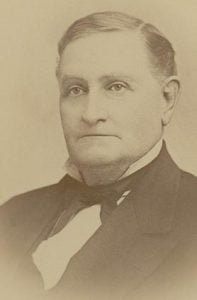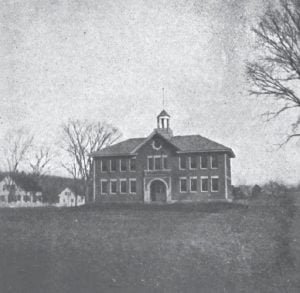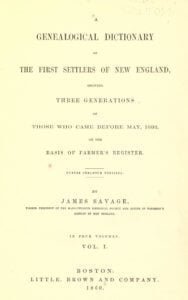Biography of Honorable Daniel Azro Ashley Buck
Daniel Azro Ashley Buck, the eldest son of Honorable Daniel and Content (Ashley) Buck, was born at Norwich, Vt, April 19, 1789. He received a collegiate education, graduating at Middlebury in 1807, in the same class with William Slade and Stephen Royce, a class which is said to have contained more eminent men in proportion to its numbers than can be matched in the record of any American college. The following year he graduated from West Point Military Academy, and was appointed second lieutenant of engineers, to date from January 25, 1808. Oliver G. Burton, a native of Norwich but … Read more



